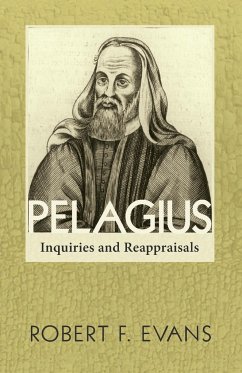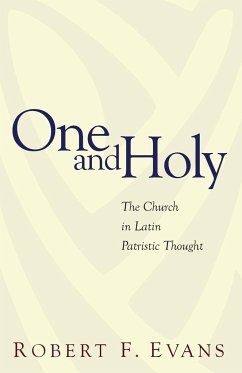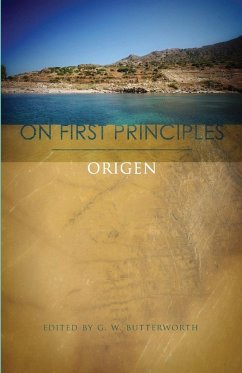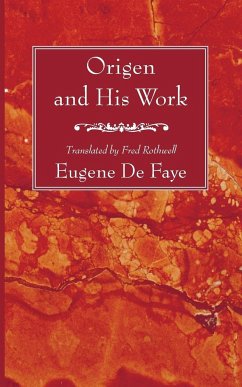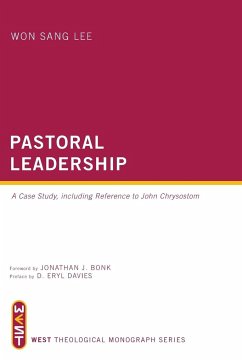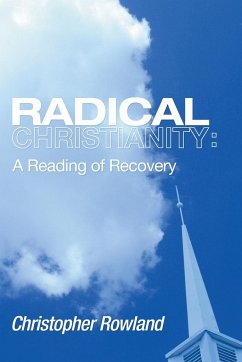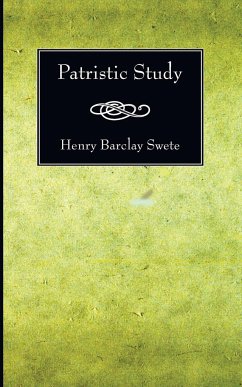These individually distinct yet interrelated essays offer grounds for a revised perspective on the figure of Pelagius as a controversialist and theologian of the late fourth and early fifth centuries. Three of its chapters proceed from the conviction that much of interest can be discovered about both the life and the thought of Pelagius if Jerome, as a source of information, is taken much more seriously than has been the case in scholarly work heretofore. It was Jerome against whom Pelagius wrote his two chief controversial treatises, and it is therefore of importance to discover the nature and grounds of the antagonism between these two figures. When the sources are approached in this light, three conclusions emerge: that Pelagius and Jerome were together involved in a genuine revival of the Origenist controversy, with Pelagius making an entirely justifiable point against his adversary; that Pelagius first comes into historical view as a critic of Jerome's ascetic teaching on marriage; and that an important source of Pelagius' thought is the much-neglected work The Sentences of Sextus. A fourth chapter argues that Augustine first took up serious polemic against Pelagius when the African doctor saw the British monk as attempting to support his theology by appeal to the authority of Catholic authors, eminent among whom was Augustine himself. The argument is also advanced that Pelagius could appeal with some real justice to an early writing of Augustine, a writing which the Bishop of Hippo in later life refused to see its original context. A fifth chapter presents a more comprehensive summary of Pelagius's theology than has yet appeared. Throughout, the author queries what revision in the notion of ""orthodoxy"" is required by honest historical investigation.
Hinweis: Dieser Artikel kann nur an eine deutsche Lieferadresse ausgeliefert werden.
Hinweis: Dieser Artikel kann nur an eine deutsche Lieferadresse ausgeliefert werden.

